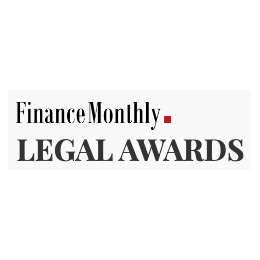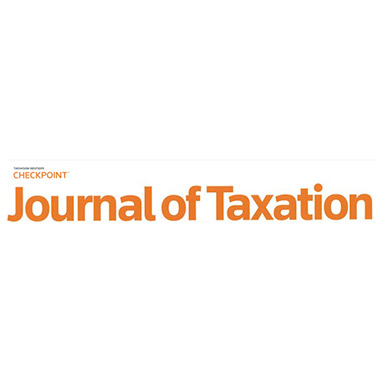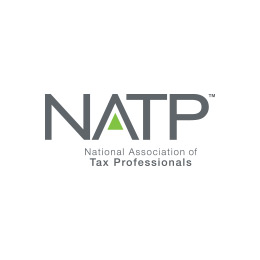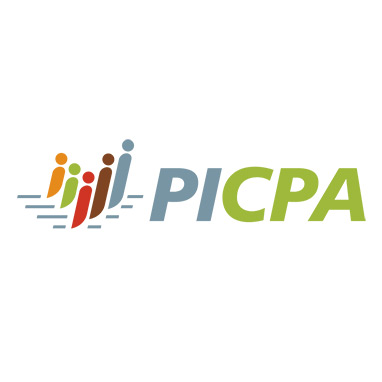The government might prosecute taxpayers who have violated tax laws, whether knowingly or unknowingly. Nevertheless, such taxpayers can evade prosecution by reporting their previous tax violations to the IRS using the Voluntary Disclosure Program.
Although there is no guarantee that the Internal Revenue Service (IRS) will not refer a taxpayer to the Department of Justice for criminal prosecution, making a Voluntary Disclosure can help avoid it. The IRS has a longstanding policy of not referring for prosecution those who make a complete disclosure of their wrongdoing. Once taxpayers are accepted into the voluntary disclosure program, they must fully cooperate with the IRS while it reviews their case. This can make a significant difference in whether or not the taxpayer will be charged with criminal offenses for failing to comply.
For a free review of your tax case with our IRS Voluntary Disclosure Program lawyers, call McCormick Tax Law today at (215) 630-0861.
Understanding the IRS Voluntary Disclosure Program
IRS Criminal Investigation (CI) has a practice known as the Voluntary Disclosure Program. When deciding whether or not to recommend criminal prosecution, timely, accurate, and complete voluntary disclosures are taken into account by CI. To this end, our attorneys for the IRS Voluntary Disclosure Program can help you prepare documentation and your explanations to help avoid serious penalties. However, making a voluntary disclosure does not guarantee immunity from prosecution. Nevertheless, it might result in the recommendation not to prosecute.
Voluntary disclosure refers to the act of truthfully, promptly, and comprehensively disclosing your tax information to CI through the designated channels. It also entails collaborating with the IRS in determining your accurate tax liability and making sincere efforts to pay the full amount of tax, interest, and any relevant penalties you owe.
To ensure timely disclosure, it is important that the IRS receive the necessary information before commencing a civil examination or criminal investigation. It is also important that the IRS receive the information directly from you and not from a third party such as an informant or another governmental agency. If the IRS receives information related to your noncompliance from a criminal enforcement action, such as a search warrant or grand jury subpoena, it is also considered timely disclosure.
When You Should Apply for the IRS Voluntary Disclosure Program
The voluntary self-disclosure process depends on the timing of the disclosure. In order for the disclosure to be considered voluntary, it must be made to the IRS before any imminent threat of disclosure or government investigation, as stated in the US Sentencing Guidelines. Additionally, the disclosure must be made before the criminal misconduct becomes publicly known or is otherwise discovered by the government.
If the misconduct was previously disclosed to the IRS or another regulatory authority, the disclosure to the IRS must be made within 15 days of the prior disclosure unless a valid reason can be shown for the delay. It is the responsibility of the applicant to demonstrate the timeliness of their disclosure.
Parties are also required to disclose misconduct before any government investigation, inquiry, or enforcement action takes place. This approach shows the party’s willingness to cooperate with authorities and address non-compliance issues in a timely manner. It is highly recommended that applicants act quickly upon discovering any misconduct, as delays might result in the loss of benefits provided under the policy.
Who Can Apply for the IRS Voluntary Disclosure Program
The Voluntary Disclosure Program is an option for those who have violated tax or tax-related laws knowingly and are at risk of criminal prosecution. Individuals who participate in the program are seeking protection from potential criminal charges. Taxpayers who have made unintentional errors should explore other alternatives, such as filing amended or overdue returns, rather than this program.
However, individuals with illegal sources of income are not eligible for this program. Any income derived from activities considered legal under state law but illegal under federal law is considered an illegal source of income and, therefore, not applicable to the Voluntary Disclosure Program.
Participation in the IRS Voluntary Disclosure Program is not limited to individuals only. Other entities, such as corporations, partnerships, and trusts, are also eligible to participate.
How to Apply for the IRS Voluntary Disclosure Program
To participate in the Voluntary Disclosure Program, you need to follow a two-step process. The first step involves filling out Part I of Form 14457, which is the Voluntary Disclosure Practice Preclearance Request and Application. The purpose of this step is to request preclearance, which determines if you are eligible for the program. It is important to note that preclearance does not guarantee your acceptance into the program, but it is necessary to begin the application process.
In case the voluntary disclosure is being submitted by a legal representative, it is necessary to provide a Form 2848, Power of Attorney, and Declaration of Representative, for each taxpayer and entity that intends to participate in the program. Part I can be submitted either by faxing it to 844-253-5613 or by mailing it to:
IRS Criminal Investigation
Attn: Voluntary Disclosure Coordinator
2970 Market St.
1-D04-100
Philadelphia, PA 19104
After receiving confirmation of preclearance, you must submit Part II of the Voluntary Disclosure Application within 45 days or request additional time in writing. Requests for extensions will be considered on a case-by-case basis, with only one 45-day extension permitted.
Next, your submission of Form 14457 in Part II will be reviewed by CI to determine whether you qualify for participation in the Voluntary Disclosure Practice. If you are approved to participate, you will be provided with a Preliminary Acceptance Letter by CI, and your Form 14457 will be forwarded to an IRS civil section. Once your case is assigned, an examiner will get in touch with you.
How Applying for the IRS Voluntary Disclosure Program Can Help Avoid Criminal Penalties
It is possible for taxpayers to avoid criminal charges related to non-compliance if they file a legally sufficient Voluntary Disclosure to the IRS. This means that they will not be recommended for criminal prosecution. To ensure efficient administration of the tax system, the IRS has always maintained that taxpayers who come forward voluntarily, provide complete disclosure, and agree to pay the penalty can escape criminal penalties, such as imprisonment. However, the type of disclosure that should be made depends on the taxpayer’s level of risk.
According to the policy, the IRS reserves the right to forgo criminal charges by not filing an indictment. Individuals or entities who voluntarily disclose their misconduct are more likely to be protected from criminal prosecution. By doing so, a party indicates their willingness to be transparent and cooperative. This can lead to leniency by law enforcement, including reduced penalties or fines and even the avoidance of criminal charges.
In addition, the policy provides an opportunity to reduce the recommended fine ranges based on the fulfillment of key requirements, such as cooperation. While the acceptable ranges might not be as significant for corporations, the possibility of reduced financial penalties is still an appealing incentive for individuals and companies to comply with the updated policy.
Our Attorneys for the IRS Voluntary Disclosure Program Can Help
For your free case evaluation, call our attorneys for the IRS Voluntary Disclosure Program at McCormick Tax Law at (215) 630-0861.










